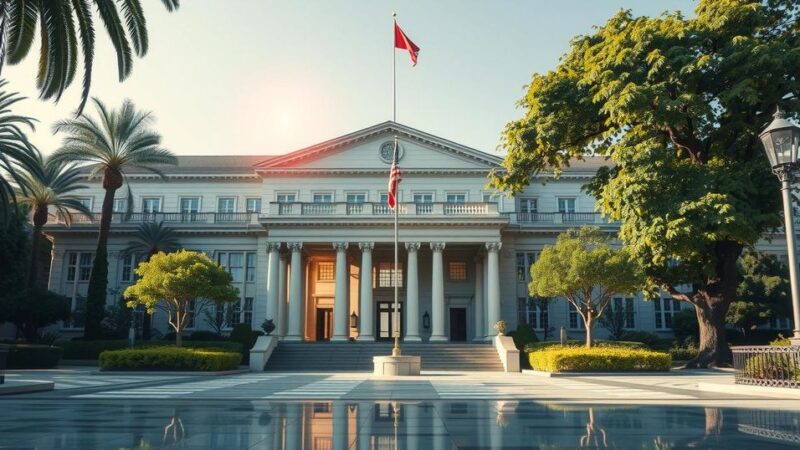Mauricio Funes, the former President of El Salvador, died at 65 in Nicaragua, where he had been living to avoid corruption charges. His presidency (2009-2014) was marked by social reforms but also faced allegations of corruption. He fled to Nicaragua in 2016 after multiple arrest warrants were issued against him. His death highlights the turbulent political climate in El Salvador following years of FMLN leadership.
Mauricio Funes, the former President of El Salvador, passed away late Tuesday in Nicaragua at the age of 65. Funes had been residing in Nicaragua since 2016 to evade multiple corruption charges stemming from a criminal investigation in El Salvador. Nicaraguan authorities reported his death, attributing it to a severe chronic illness, although specifics were not disclosed.
Born in October 1959 in San Salvador, Funes initially pursued a career in journalism after graduating with a degree in literature from the Jesuit University of Central America. Renowned as a war correspondent and insightful interviewer, he later transitioned into politics, becoming president from 2009 to 2014 under the leftwing Farabundo Marti National Liberation Front (FMLN).
Funes’s presidency was characterized by various social and health initiatives but also tarnished by a controversial gang pact that reduced homicide rates in exchange for benefits to gang leaders. Following his term, he faced numerous legal challenges for allegedly embezzling funds, money laundering, and other corruption-related charges. His departure to Nicaragua coincided with mounting legal pressure from Salvadoran authorities, who issued multiple arrest warrants against him.
Funes’s passing marks the end of a tumultuous political saga that intertwined journalism and governance in El Salvador. His legacy is complex, woven with efforts to uplift social programs and the shadow of corruption that ultimately led to his exile. The ongoing political transition in El Salvador, following President Bukele’s rise to power, signals a shift in the nation’s political landscape, reflecting a broader rejection of FMLN influence.
Original Source: www.usnews.com







